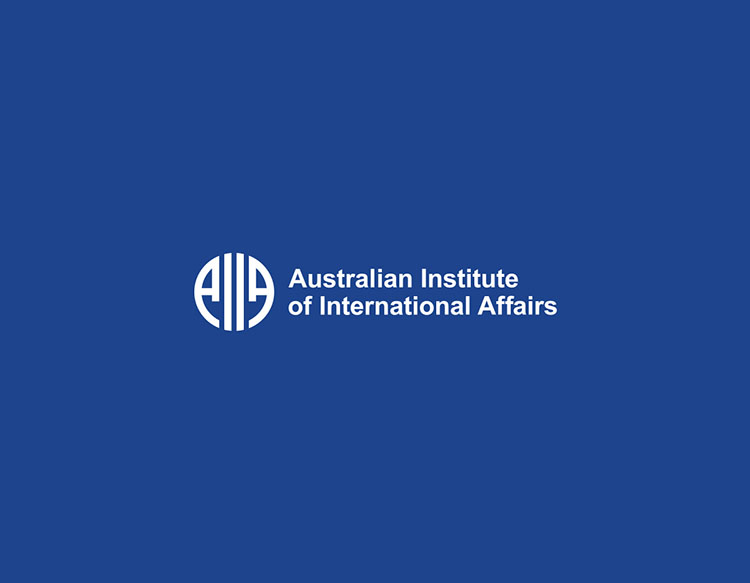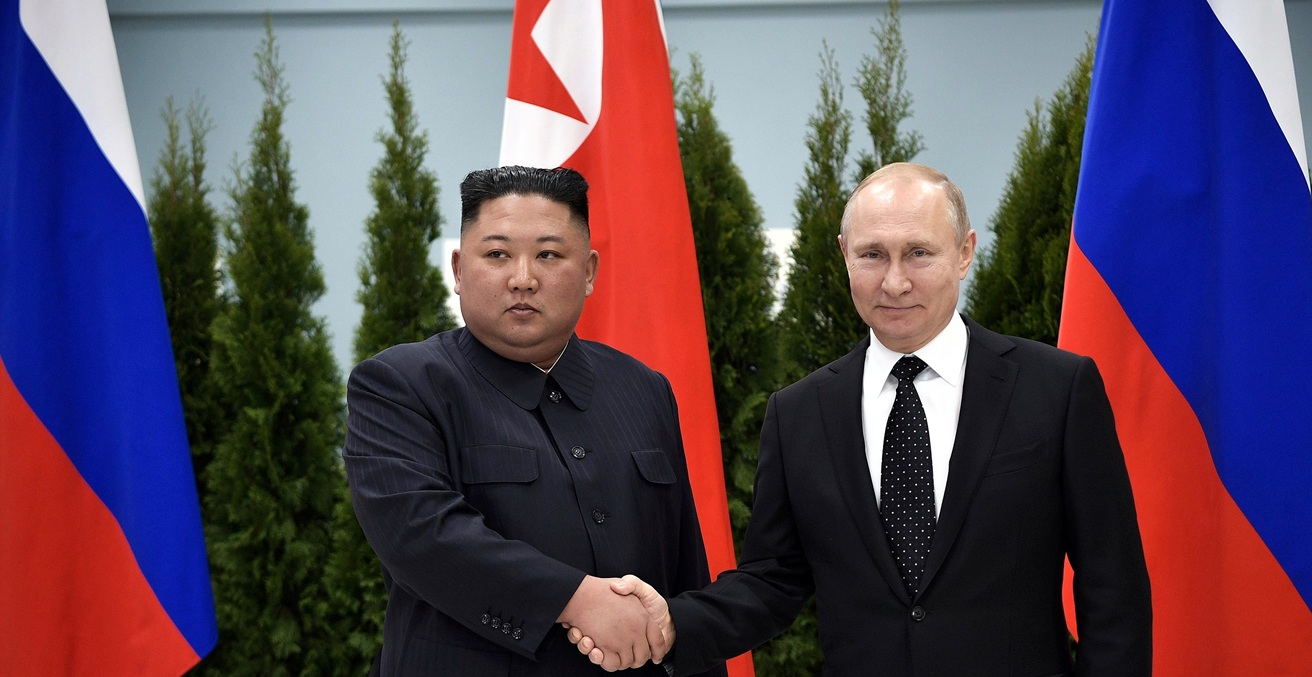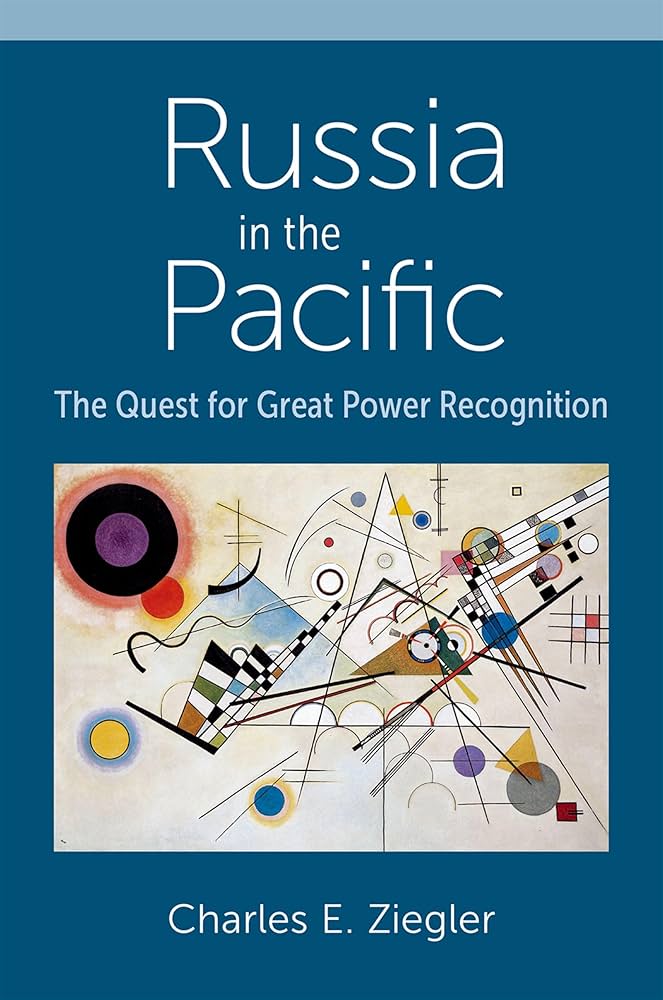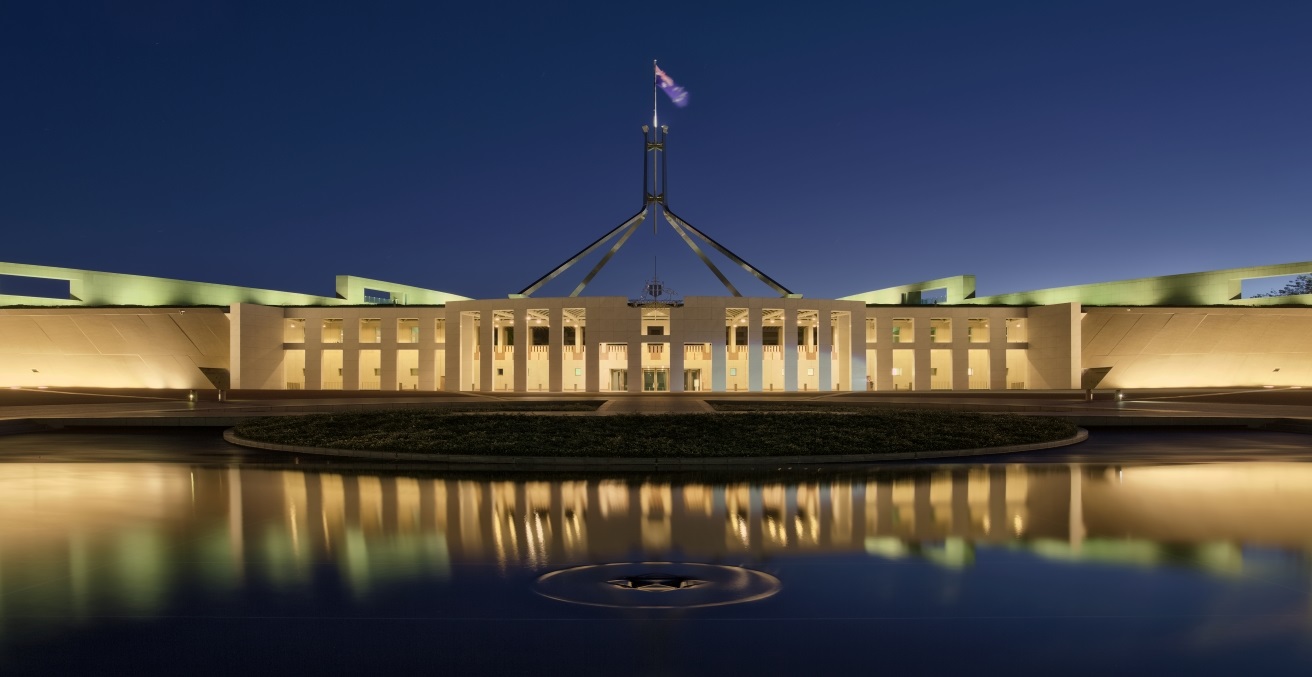In his latest Financial Times article, Iranian Foreign Minister Abbas Araghchi lamented the way Israeli military aggression against his country sabotaged nuclear diplomacy with the US. He revealed that both [...]

Get in-depth analysis sent straight to your inbox
Subscribe to the weekly Australian Outlook mailout
















